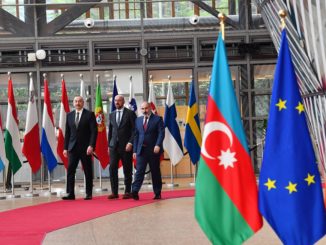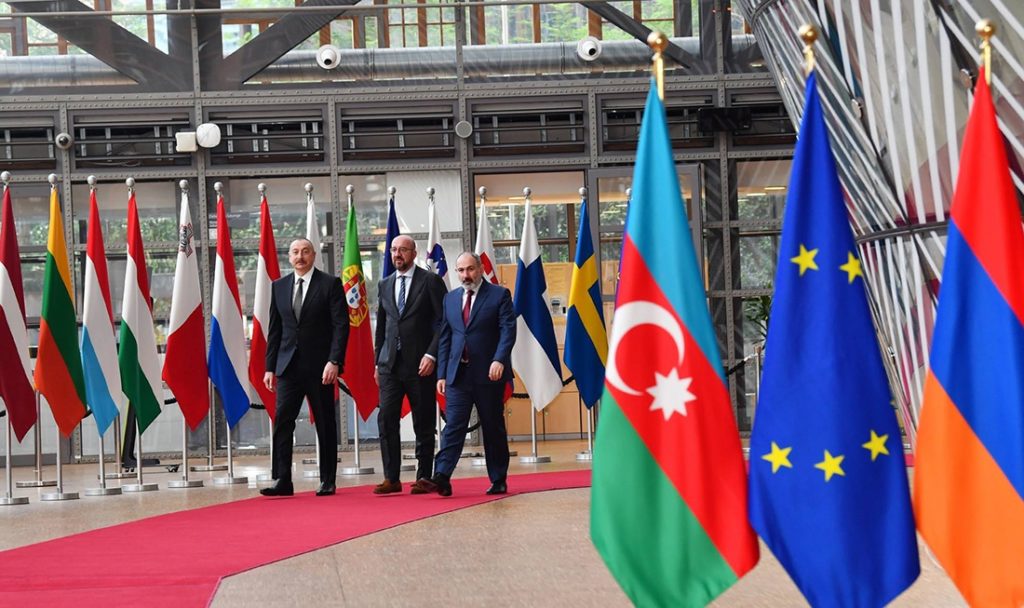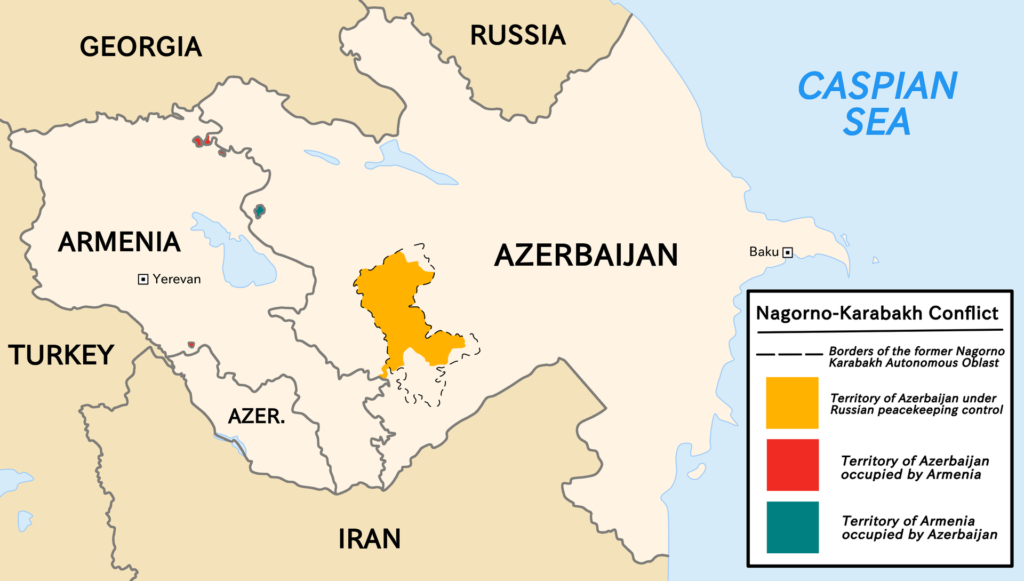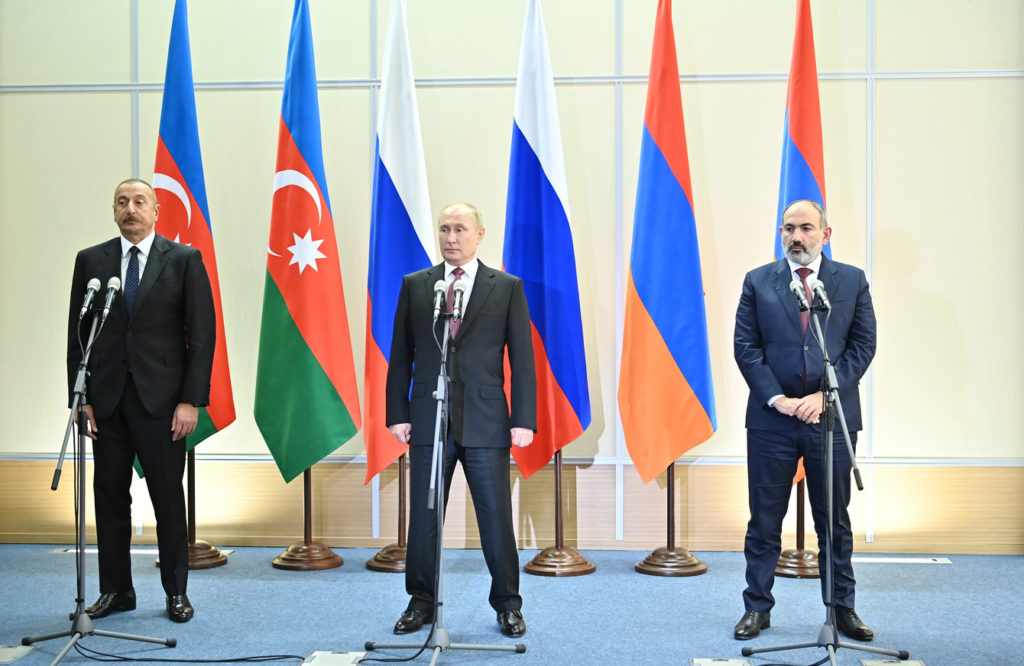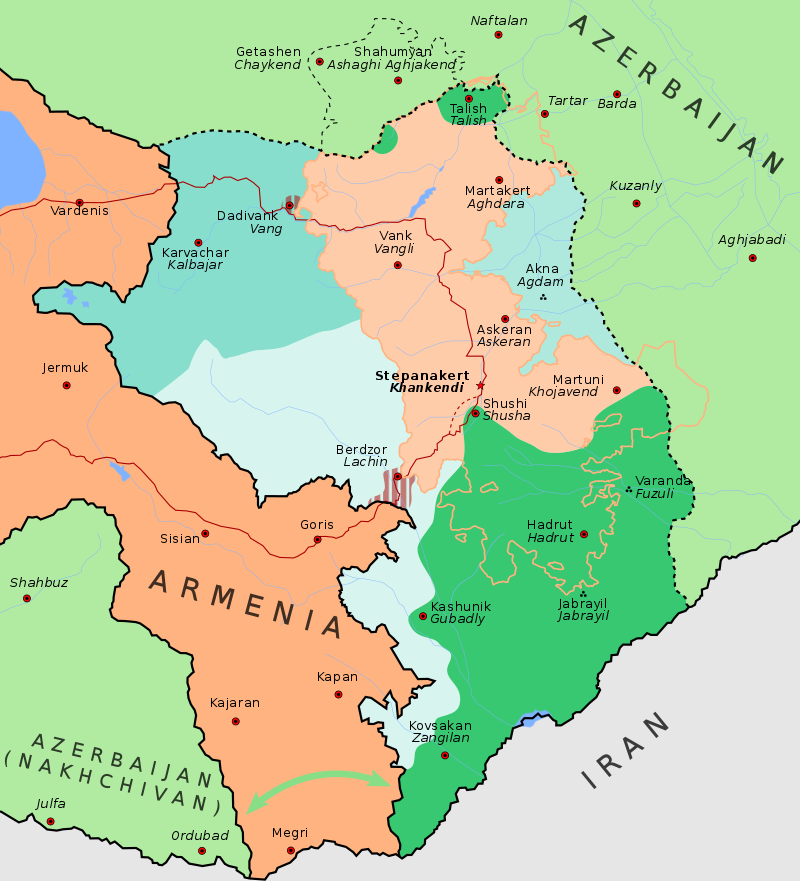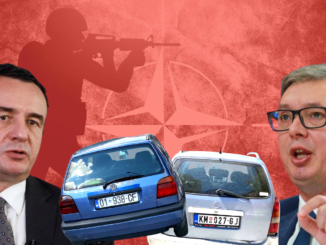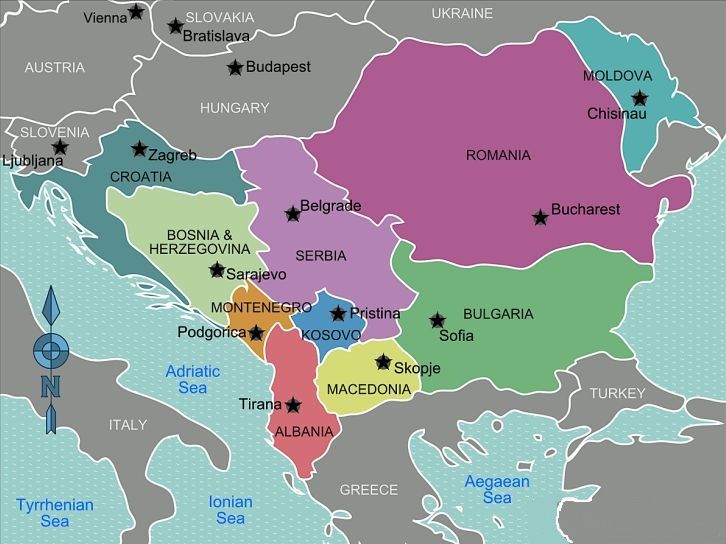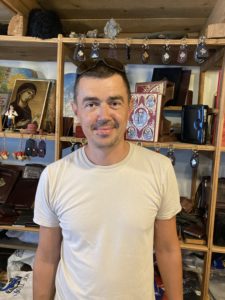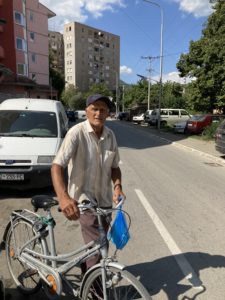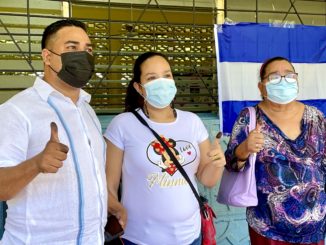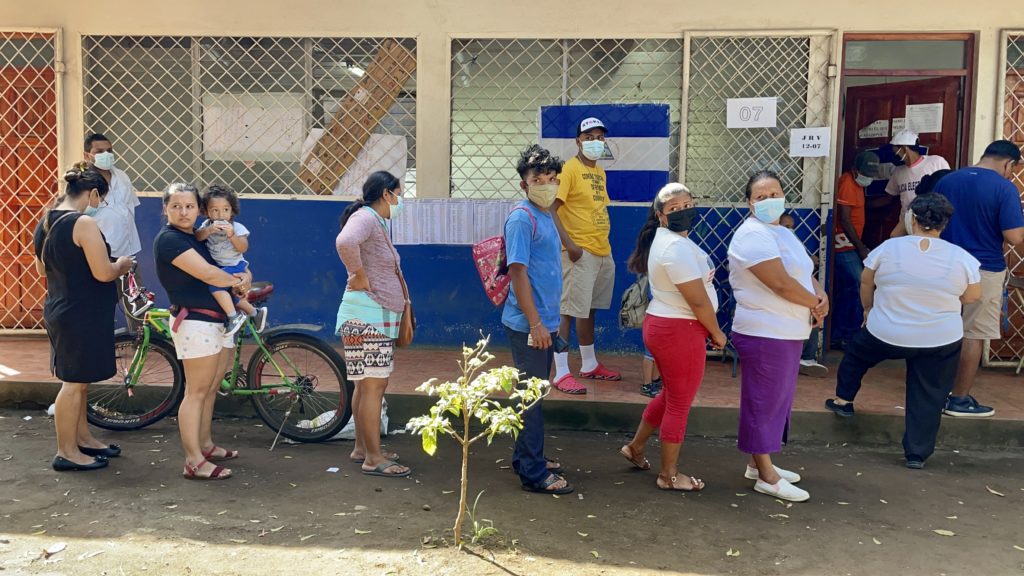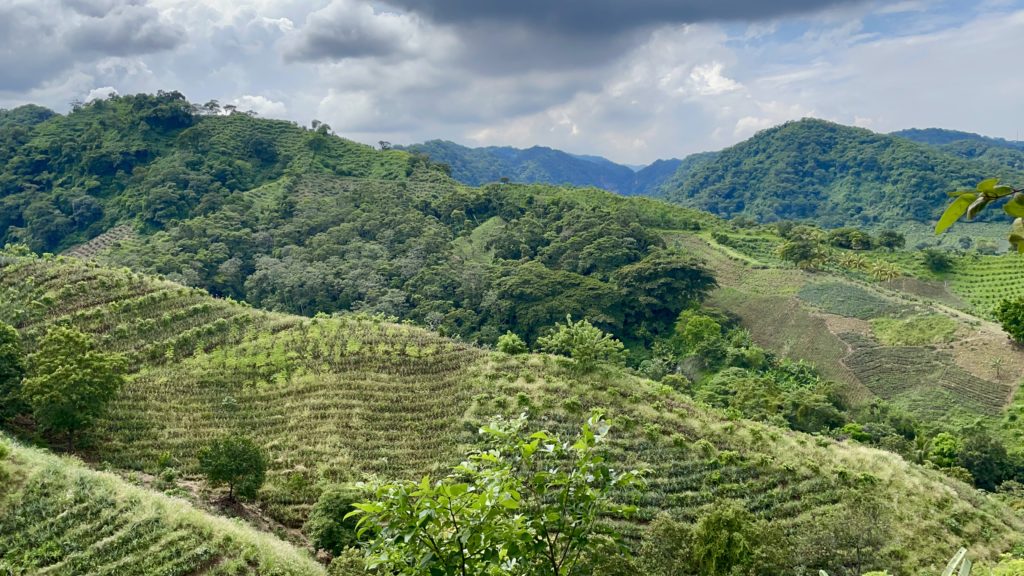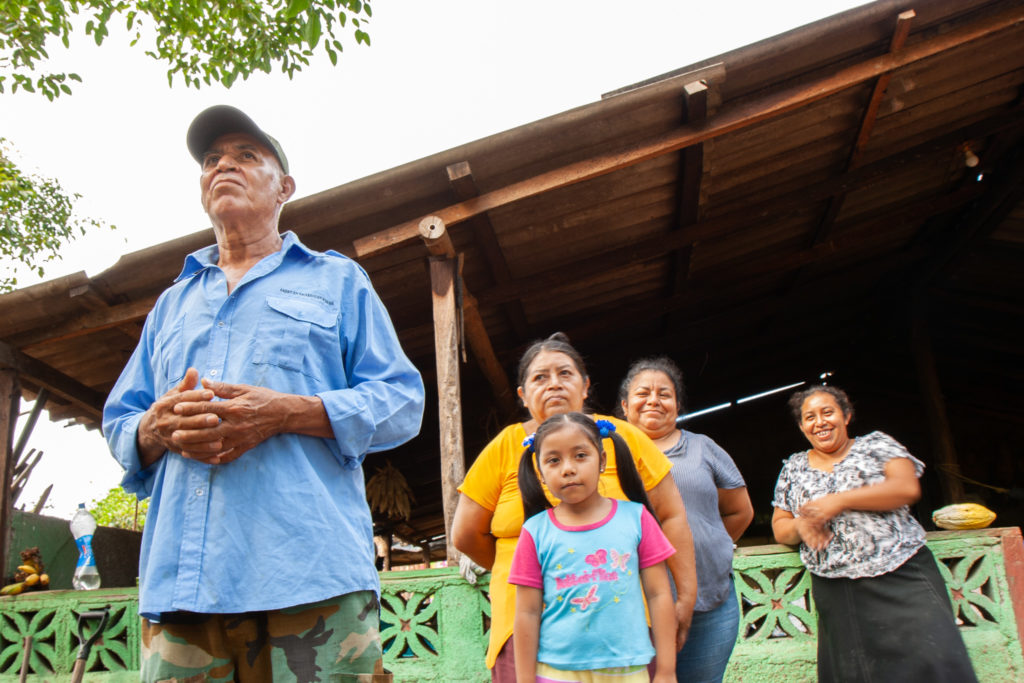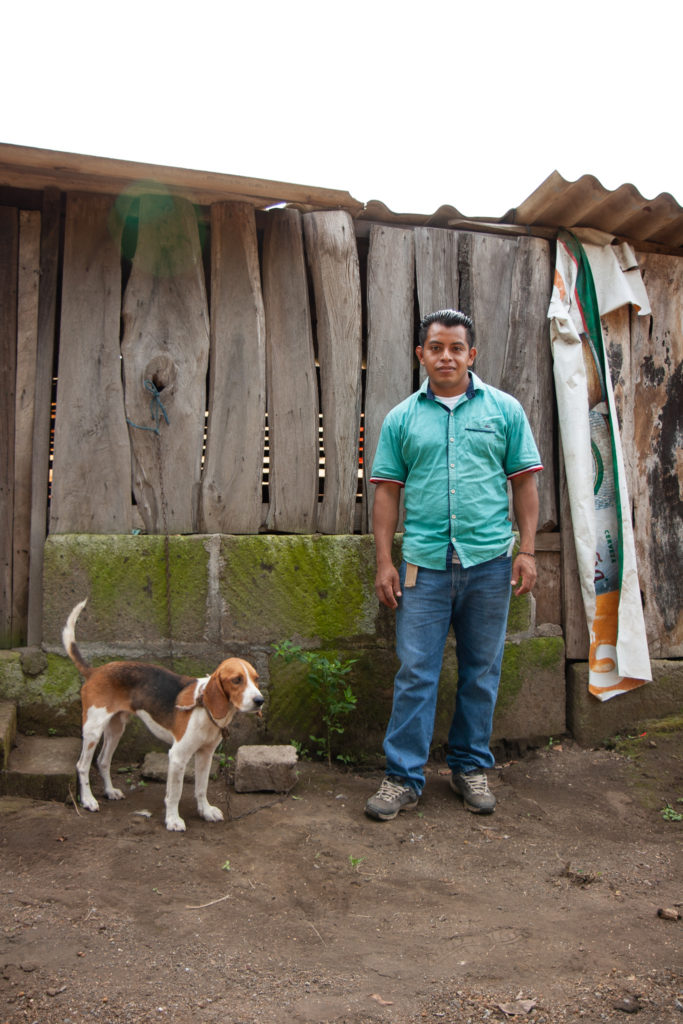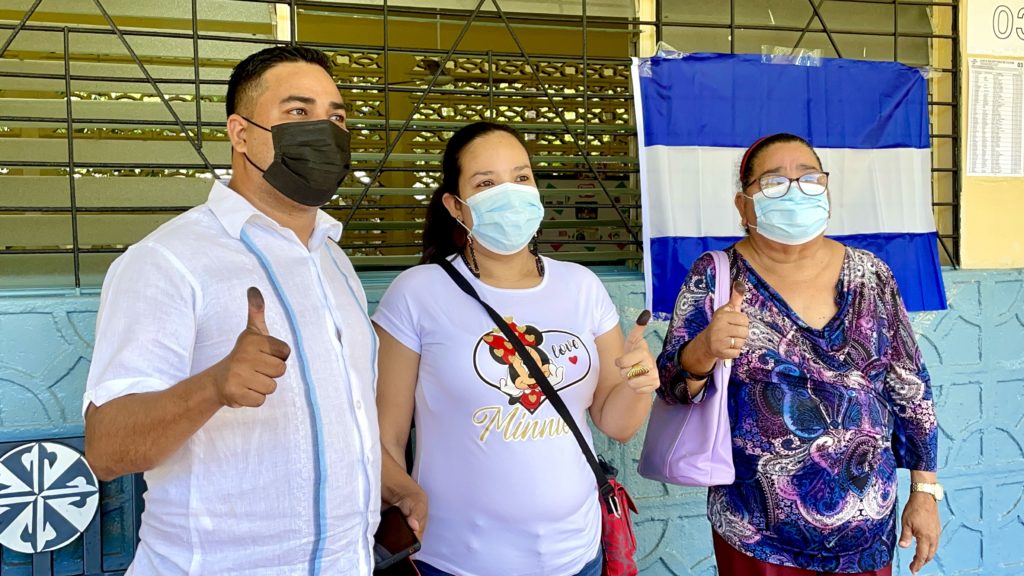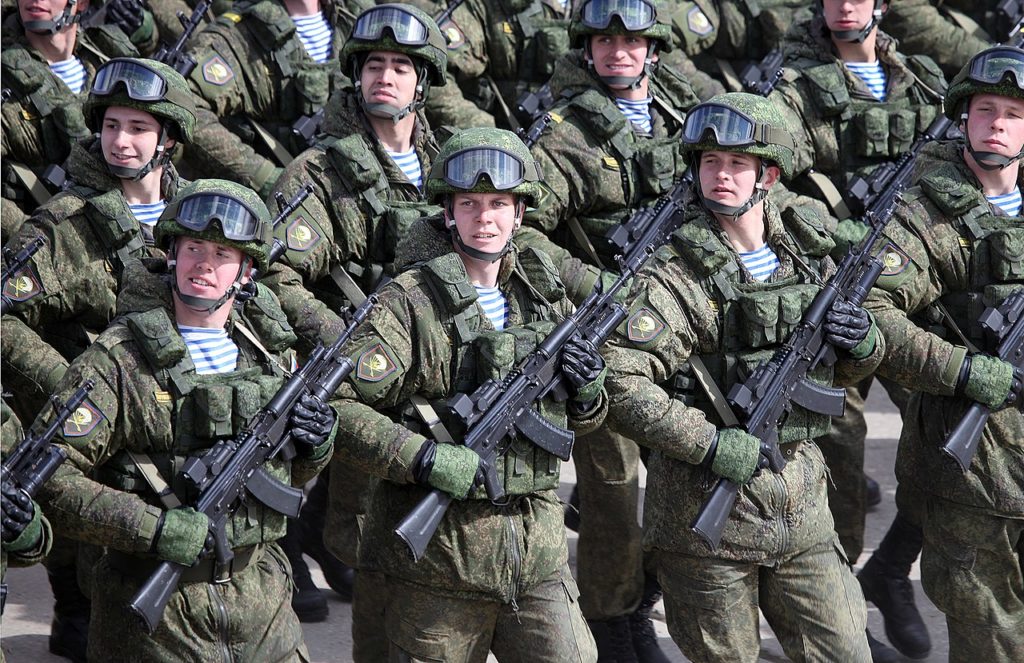
Editor’s Note: The following is the writer’s analysis.
The United States has been accusing Russia of preparing to invade Ukraine, while it continues to build a U.S. military presence in the Black Sea. Warmongering and fearmongering rhetoric began to dominate the public discourse, as media, politicians and military experts have been warning of an “imminent” Russian invasion that could have grave consequences for global peace and security. But does the Kremlin really intend to fight a war against the NATO-backed eastern European country?
According to reports, Moscow has deployed thousands of troops and military equipment to western Russia’s regions that border Ukraine. At the same time, U.S. navy ships Mount Whitney and Arleigh Burke recently entered the Black Sea, while the 9th Expeditionary Bomb Squadron’s B-1B Lancers soared over eastern Europe during a NATO fighter integration mission through the region.
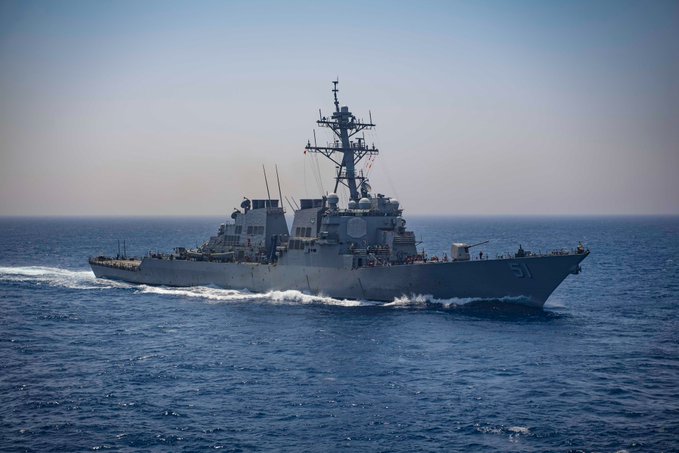
Moreover, a Russian Aeroflot airliner flying from Tel Aviv to Moscow was forced to change altitude over the Black Sea because a NATO CL-600 reconnaissance plane crossed its designated flight path. These actions would be the equivalent of Russian naval ships and fighter jets entering the Gulf of Mexico.
As usual, though, the Kremlin’s reaction was weak.
“Just because an air incident over the Black Sea’s international waters has been prevented, this does not mean the U.S. and NATO can further put lives at risk with impunity,” said Russian Ministry of Foreign Affairs spokeswoman Maria Zakharova said.
❗️ Maria #Zakharova: @usairforce actions have posed risks to civil aviation.
Just because an air incident over the Black Sea’s Int waters has been prevented, this does not mean the US and NATO can further put people’s lives at #risk with impunity.
🔗 https://t.co/mHgrPfSV9f pic.twitter.com/wKBBlPViVk
— MFA Russia 🇷🇺 (@mfa_russia) December 5, 2021
However, such a statement is unlikely to provoke fear in NATO’s headquarters.
Crossing Russia’s Red Line
Russian President Vladimir Putin has pointed out the deployment of certain offensive missile capabilities on Ukrainian soil is Moscow’s “red line.”
Yet, the United States has demonstrated it does not take Russia’s threats and boundaries seriously.
“I don’t accept anybody’s red lines,” U.S. President Joe Biden said on December 4.

The two leaders then held a “virtual summit” on December 7. Shortly after their discussion, the U.S. Congress removed sanctions against Nord Stream 2, Russian sovereign debt and 35 Russians from the draft defense budget. Such actions demonstrate the two leaders have reached certain deals not only on Ukraine, but on energy issues as well. However, tensions between Moscow and Washington, which seem to be an integral part of a new Cold War era, are expected to remain high for the foreseeable future.
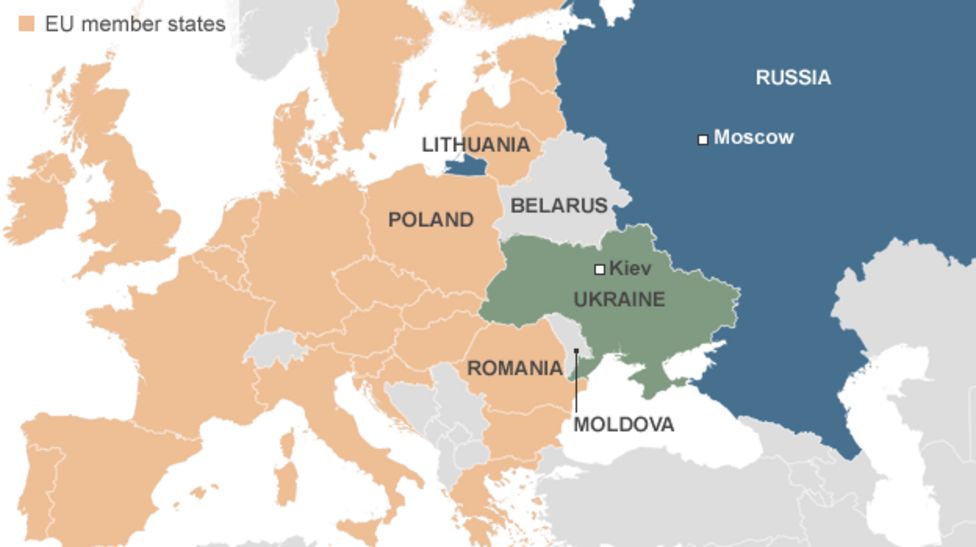
What’s the Possibility of War?
Ahead of the talks between Putin and Biden, the Russian leader clarified his call for new security guarantees.
Putin said Russia would seek “concrete agreements that would rule out any further eastward expansion of NATO and the deployment of weapons systems posing a threat to Russia.” Even if the United States provides such guarantees—which does not seem very probable given that such a move would be interpreted as a concession to Putin and a sign of weakness—it is not probable Washington would implement the deal.
U.S. officials already have declined to rule out dispatching U.S. forces to eastern Europe, although at this point it is highly uncertain if the U.S. troops could be deployed to Ukraine. Ukraine’s Defense Minister Oleksii Reznikov has called on the United States, Canada and the United Kingdom to dispatch their military personnel to the former Soviet republic, even though the eastern European nation is not part of NATO.
“Those troops should be stationed in places where Russia can see them,” Reznikov stressed. Meanwhile, Denis Pushilin, leader of the Russia-backed self-proclaimed Donetsk People’s Republic that declared independence from Ukraine in 2014, said he would request Russia’s assistance in case the situation in the region escalates.
Indeed, a potential deployment of NATO troops in Ukraine would prevent a Russian intervention, given Moscow would be unlikely to confront NATO troops. Russia’s policy makers are quite aware any incursion into Ukrainian territory would result in severe anti-Russia sanctions, which could potentially include actions against Russian oligarchs and energy producers, as well as disconnect Russia from the SWIFT international payment system used by banks around the world. On the other hand, given the United States has the upper hand vis-à-vis Moscow, it is entirely possible some sanctions will be imposed, even if Russia does not invade Ukraine. The West also can deploy troops to Ukraine to prevent what they would call a potential Russian invasion, and there is very little the Kremlin can do about it.
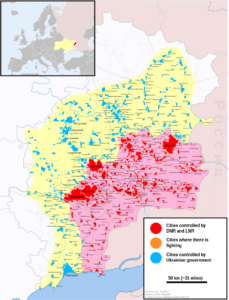
Hypothetically, Russia could recognize the self-proclaimed Donetsk People’s Republic and Lugansk People’s Republic, and build military bases on their territories, but such a move is unlikely to have an impact on Ukraine’s goal to restore sovereignty over the coal-rich region. From the legal perspective, the Donbass, as well as Crimea, is part of Ukraine, and no foreign actors would condemn Ukrainian attempts to return the regions under its jurisdiction. Still, unless its gets the green light from Washington, Kiev is unlikely to launch any large-scale military actions against Russia, or Russia-backed forces. Moscow, for its part, is expected to continue preserving the status quo. Supporters of the notion that Russia is keen on invading Ukraine fail to explain what the Kremlin’s motive for such an action would be.
Energy Deals
However, Moscow achieved its goals in 2014 when it incorporated Crimea, which has significant offshore gas and oil reserves into the Russian Federation. That year Russia tacitly supported the creation of the Donbass republics that reportedly have 34.4 billion tons of coal reserves. Since Moscow, through its proxies, already controls the Donbass coal production and export, capturing the other energy-poor regions of Ukraine would represent nothing but an additional cost for Russia.
Nonetheless, Western and Ukrainian media continue to spread rumors of an “imminent” Russian invasion. Ukrainian military officials claim Russia could start its campaign against the former Soviet republic in February—in the middle of winter when troops are up to their knees in snow. Meanwhile, Oleksiy Arestovych, the head of the Office of the Ukrainian President, recently suggested his country could “fire missiles at the Russian Federation, in case the Kremlin starts a full-scale war against Ukraine.”
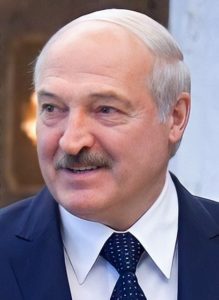 Belarusian President Alexander Lukashenko, on the other hand, openly said in case of a potential conflict between Russia and Ukraine, Minsk will support its ally, Moscow. At the same time, Belarus announced joint military exercises with Russia along its border with Ukraine. Plus, Lukashenko promised to visit Crimea soon, which would be Belarus’ de facto recognition of the Kremlin’s incorporation of Crimea into the Russian Federation.
Belarusian President Alexander Lukashenko, on the other hand, openly said in case of a potential conflict between Russia and Ukraine, Minsk will support its ally, Moscow. At the same time, Belarus announced joint military exercises with Russia along its border with Ukraine. Plus, Lukashenko promised to visit Crimea soon, which would be Belarus’ de facto recognition of the Kremlin’s incorporation of Crimea into the Russian Federation.
His visit, whenever it comes, undoubtedly will have a serious impact on relations between Belarus and Ukraine. Kiev fears Belarus could take part in what they perceive would be a Russian invasion of Ukraine, and the country’s authorities have taken Lukashenko’s threat very seriously. According to reports, citizens of Ukraine already started preparing to defend the Ukrainian capital against an invasion, whether it may come from Russia or Belarus.
One thing is for sure: Unless Kiev starts a massive military campaign in the Donbass, or engages in a serious provocation against Russia, the Kremlin is unlikely to start a war against Ukraine. And even if a war breaks out, Russia’s actions are expected to be very calculated, limited and carefully coordinated with its Western partners, as part of moves toward a “stable and more predictable relationship” between Moscow and Washington.
Nikola Mikovic is a Serbia-based contributor to CGTN, Global Comment, Byline Times, Informed Comment, and World Geostrategic Insights, among other publications. He is a geopolitical analyst for KJ Reports and Enquire.

